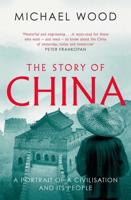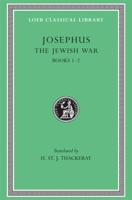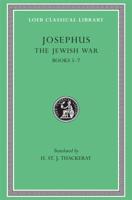Publisher's Synopsis
How particular has Southeast Asia's experience of educational development been, and has this led to an identifiably distinct Southeast Asian approach to the provision of education? Inquiry into these questions has significant consequences for our understanding of the current state of education in Southeast Asia and the challenges it has inherited.
This book contributes to a better understanding of the experience of educational development in Southeast Asia by presenting a collection of micro-historical studies on the subject of education, policy and practice in the region from the emergence of modern education to the end of the twentieth century. The chapters fathom the extent to which contest over educational content in schools has occurred and establish the socio-cultural, political and economic bases upon which these contestations have taken place and the ways in which those forces have played out in the classrooms. In doing so, the book conveys a sense of the extent to which modern forms of education have been both facilitated and shaped by the region's specific configurations; its unique demographic, religious, social, environmental, economic and political context. Conversely, they also provide examples of the sorts of obstacles that have prevented education making as full an impact on the region's recent 'modern' transformation as might have been hoped or expected.
This book will be of interest to academics in the field of Southeast Asian Studies, Asian Studies, education, nationalism, and history.











